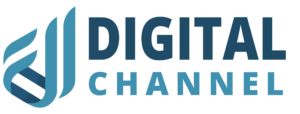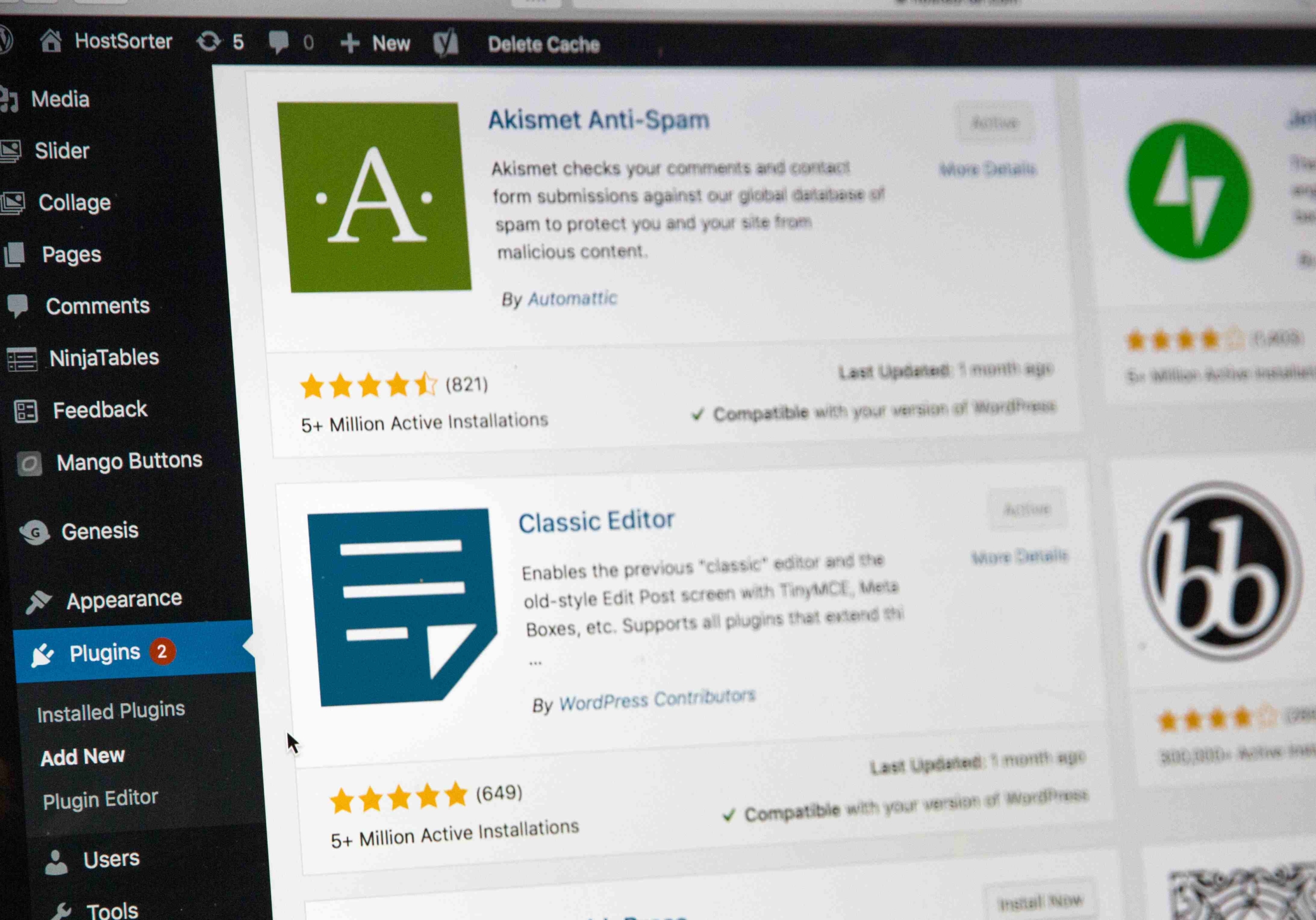4 SEO Issues and Technical Limitations with WordPress
Table of Contents
WordPress powers most websites on the internet today, but it isn’t without its limitations. While it does provide numerous advantages in terms of speed, efficiency, and cost over other website platforms, it does have some technical limitations around SEO optimization that you need to be aware of.
Below are some of the common issues with WordPress SEO and how you can handle them.
Yoast SEO:
If you’re unfamiliar with Yoast, it’s a free SEO plugin for WordPress (for more detailed informtaion about Yoast, you can click here to read). While it does provide a good basic SEO set up, such as sitemap creation, meta tags creation, and customizing permalink URLs, Yoast has its limitations as well.
One of things people say from time to time is that it doesn’t offer a true one-click SEO audit. Particularly when it comes to off page audit and/or recommendations, Yoast SEO is not as strong as you’d expect.
Also, another problem with the on-page optimization is its recommendations are just guidelines and are not very effective for the keywords you want to target on. In addition, many useful tools are only allowed in premium version.
So if you would like to run a more advanced off-page and on-page audit/analysis, you would rely on more advanced tools such as well Semrush, Moz, Ahrefs, that cost a few hundred dollars per month.
You could end up with too many plugins:
There are so many awesome plugins out there that can help make your site faster, safer, more secure, or more aesthetically pleasing. However, unless you know exactly what you’re doing when it comes to websites and programming languages like PHP or SQL (or even basic HTML), it’s easy to overload your site by adding too many plugins.
One problem might lead to is this can slow down your site significantly—and that means visitors will leave before they even get a chance to see your great content. If this behaviour continues, it’s going to create a higher than usual bounce rate on the webpage, which will negatively impact your keyword rankings. That’s why they say page load speed is a key ranking factor for search engines these days.
The faster your website loads, the better. Also, when you update a plugin, it might create conflicts with other plugins or your WordPress theme. To keep things running smoothly, try starting with a few key plugins instead of throwing every single one in there.
Site Crawlability:
WordPress is fantastic in its ability to be used as a base for site builders or theme developers, with much of its back-end code and front-end template files being completely customizable. However, if you plan on developing your own SEO strategies or would like to rely heavily on JavaScript usage (which can be risky when considering content that’s more than a few weeks old), it may not be for you. It’s also important to note that due to WordPress’ open source platform, sites built using their themes often carry some issues from one site to another. All these might impact your SEO negatively.
Potential Security Issue:
A potential issue all WordPress websites face is security. As WordPress is free and open source, it is vulnerable to attacks if the plugins and WordPress theme are not updated and patched regularly. So if the site get hacked with malware, which is one of the most common security issues with WordPress sites, the SEO keyword rankings and traffic will take a hit as Google can always detect security problems on a website. As a safety measure, Google will rank a website down or even delist a website if the security issue is not fixed quickly.
Despite these limitations with WordPress SEO, they can all be handled with care by professional SEO and WordPress specialists.
Also learn more about the great things on WordPress SEO, and why WordPress is still possibly the most popular website platform for SEO.







